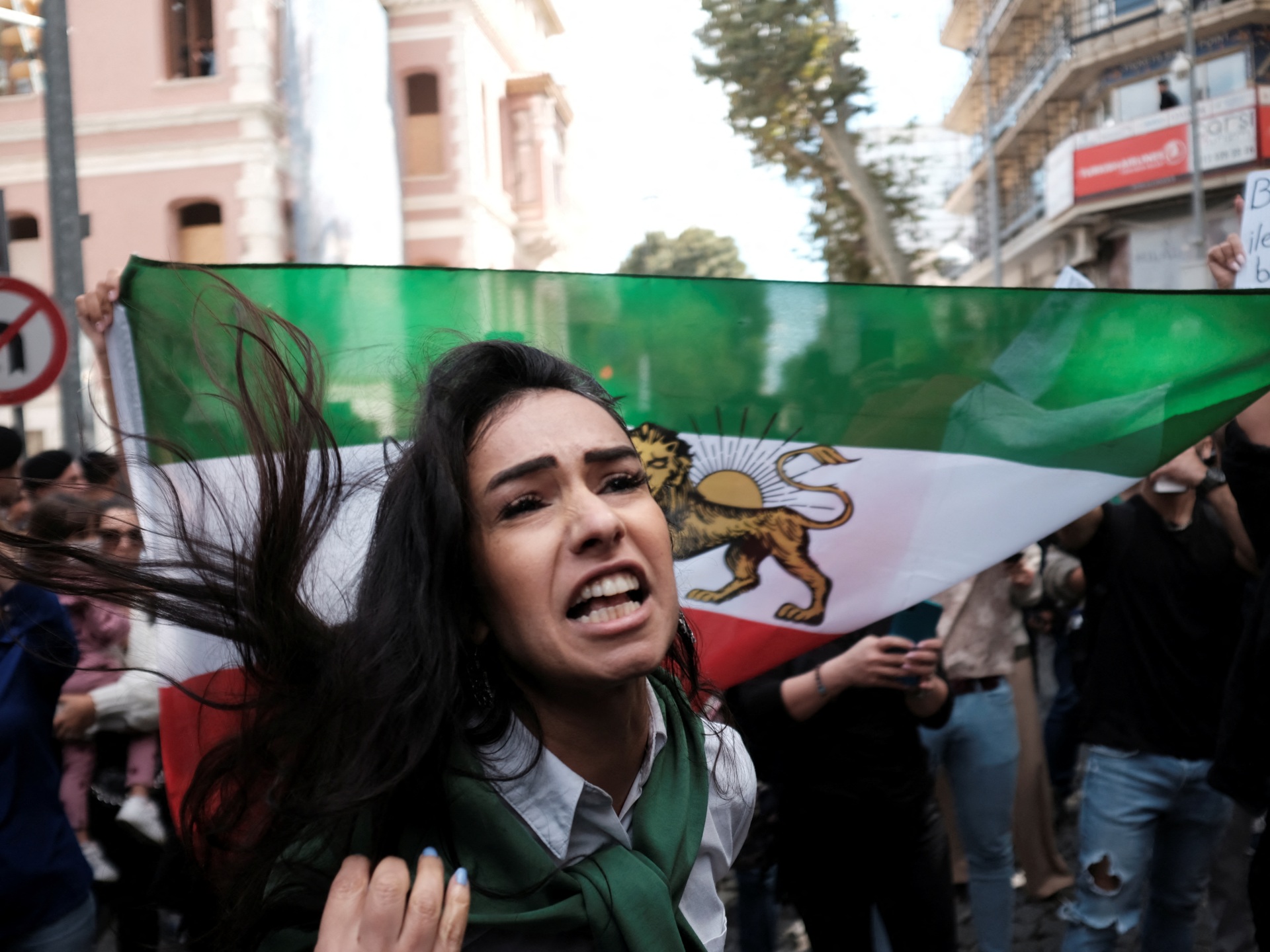Legal guidance by the American government on expanding internet services to Iranians was changed despite US sanctions on the country.
SpaceX CEO Elon Musk has been given the green light by the United States government to activate the satellite internet service Starlink to help Iranians protesting against the death of a woman in police custody.
Access to social media and some content is tightly restricted in Iran and significant internet outages were reported across the country on Saturday, with one of the biggest mobile phone operators disrupted, leaving millions of Iranians offline.
The US Treasury Department on Friday issued guidance expanding internet services available to Iranians despite US sanctions on the country.
The move follows deadly protests around Iran following the death of Mahsa Amini, a 22-year-old woman who died after being detained by “morality police” who questioned the way she was wearing her headscarf.
Hundreds of angry demonstrators have been arrested with crowds taking to the streets of major cities across Iran for eight straight nights. State television said the number of deaths in “recent riots” had risen to 35, up from 17 previously, including at least five security personnel.
We took action today to advance Internet freedom and the free flow of information for the Iranian people, issuing a General License to provide them greater access to digital communications to counter the Iranian government’s censorship.
— Secretary Antony Blinken (@SecBlinken) September 23, 2022
A US State Department spokesperson said the updated licence was self-executing and “anyone who meets the criteria outlined in this general license can proceed with their activities without requesting additional permissions”.
Musk could not be reached for comment or clarification regarding Starlink’s clearance to operate in Iran.
However, he said on Monday the company wanted to provide the Starlink satellite broadband service – already provided to Ukraine for its fight against Russia’s invasion – to Iranians and would ask for a sanctions exception.
Iran has curbed access to social media networks Instagram and WhatsApp amid the protests, according to residents and internet watchdog NetBlocks.
Azadeh Akbari, from the University of Twente, said the digital shutdown in Iran is “a continuation of decades of internet filtering by the Iranian government”.
She gave examples of “keyboard filtering” and the arrest of journalists as a means of cracking down on access.
Akbari added with the shutdown of global cyberspace in Iran it would be increasingly “difficult and dangerous” for members of the public to access safe messenger apps and use methods to get around the blocks.
Speaking from Capetown, South Africa, mobile video journalism publisher Yusuf Omar said the Iranian government’s attempts to limit internet access is a form of “government censorship” as well as “self-censorship” of the population.
“People we are getting in touch with stories even if they do have access to the internet for a couple of hours and want to send a video out. They are really afraid,” Omar told Al Jazeera.
President Ebrahim Raisi said on Saturday that Iran must “deal decisively with those who oppose the country’s security and tranquility”, Iranian state media reported.
Raisi’s comments were made in a condolence telephone call to the family of a security agent stabbed to death last week, allegedly by protesters enraged over the death of Amini.
